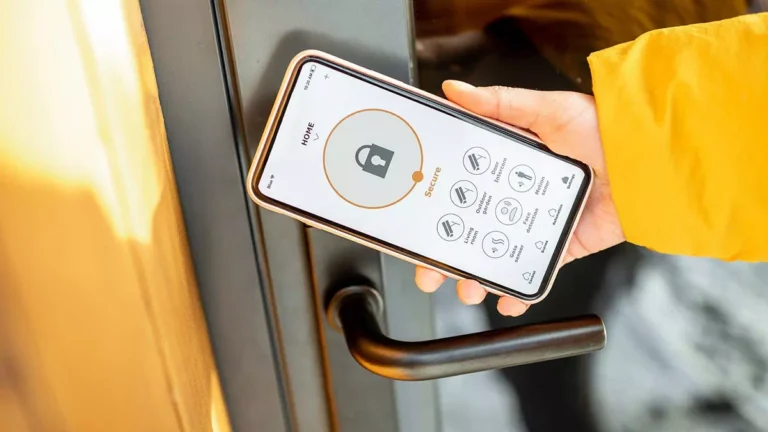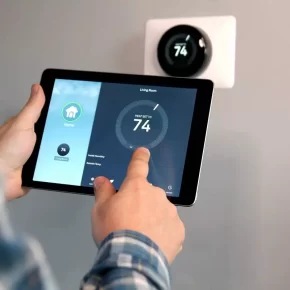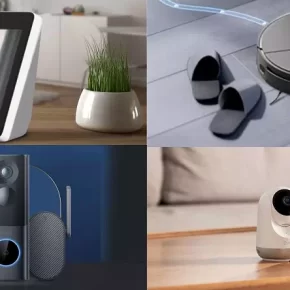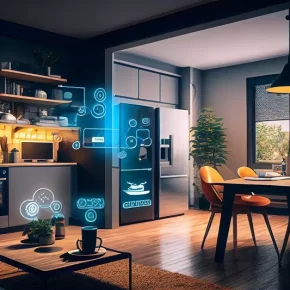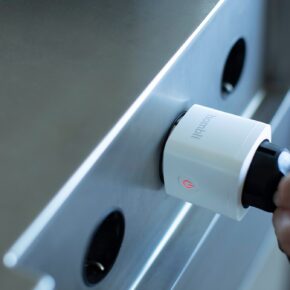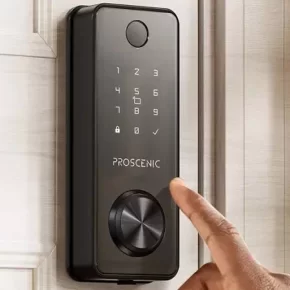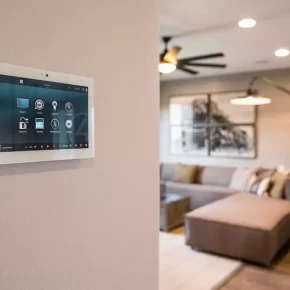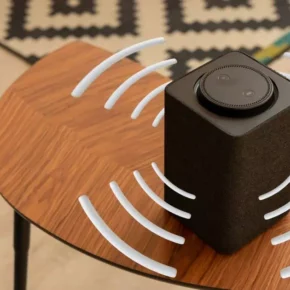Smart security systems are becoming increasingly popular among homeowners due to their many benefits. They provide constant control over the house, allow remote control of devices and receive notifications in real time.
However, like any technology, such systems have their advantages and disadvantages. Let’s take a closer look at the pros and cons of smart home security systems.
Advantages of smart security systems
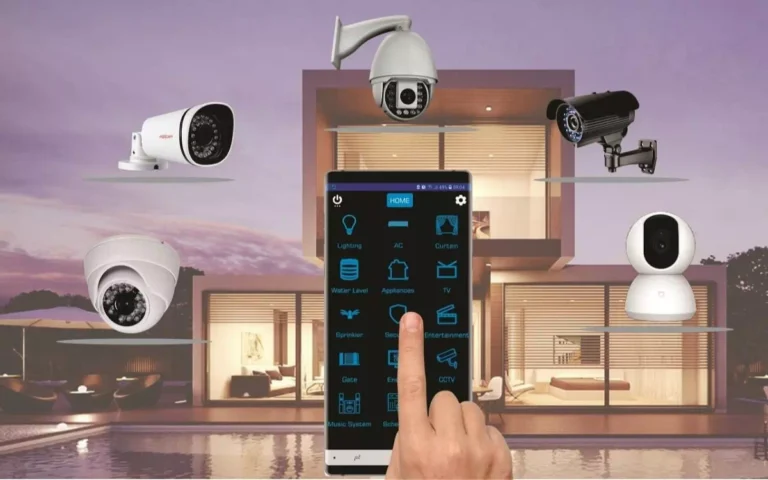
- Remote control One of the main advantages of smart security systems is the ability to control your home from anywhere in the world via a smartphone or computer. This allows not only to view cameras in real time, but also to control alarms, locks and other devices.
- Integration with other smart home systems Most smart security systems integrate with other smart devices in the home: lighting, sockets, thermostats. This allows you to create automated scenarios, for example, when the alarm goes off, the lights turn on automatically.
- Real-time alerts Smart systems send instant alerts to your phone or email if something suspicious happens. This allows you to quickly react to possible threats.
- Data recording and storage Cameras and sensors can record video and store it in the cloud or on a local server. This is useful when investigating crimes or checking suspicious situations.
- Easy Setup and Scalability Most smart security systems are fairly easy to install without the need for professional help. In addition, you can gradually add new devices, expanding the system depending on the needs.
- Savings on maintenance Traditional security systems often require a subscription to the maintenance of security agencies. With smart systems, the homeowner controls security independently, which can lower monthly costs.
Cons of smart security systems

- High initial cost Although smart security systems can reduce maintenance costs, the initial investment in equipment can be quite high. Cameras, sensors, locks — all this requires financial costs.
- Dependence on the Internet Smart security systems rely heavily on a stable Internet connection. If the Internet connection is interrupted, some system functions may stop working, which reduces the effectiveness of protection.
- The Threat of Cyber Attacks Like any networked system, smart security systems can become a target for hackers. Unsecured devices or weak passwords can allow attackers to gain access to your security system.
- Need for technical expertise Although most of today’s smart systems are intuitive, they may require some level of technical expertise to set up and maintain. Some users may encounter difficulties when installing or configuring the system themselves.
- Vulnerability to Power Failures In the event of a power outage, some components of a smart security system may stop working if there is no backup power. This can reduce the level of protection, especially during long outages.
- Necessity of regular software updates To keep the system up-to-date and provide protection against new cyber threats, it is necessary to regularly update the software. If this is not done, the system may become vulnerable to hacking or lose some functionality.
Smart home security systems offer significant benefits such as remote control, integration with other devices, and real-time alerts. However, they also have their drawbacks, including high initial cost, internet dependency, and cyber security risks. When choosing a smart security system, it is important to consider your needs, technical capabilities and potential risks.

